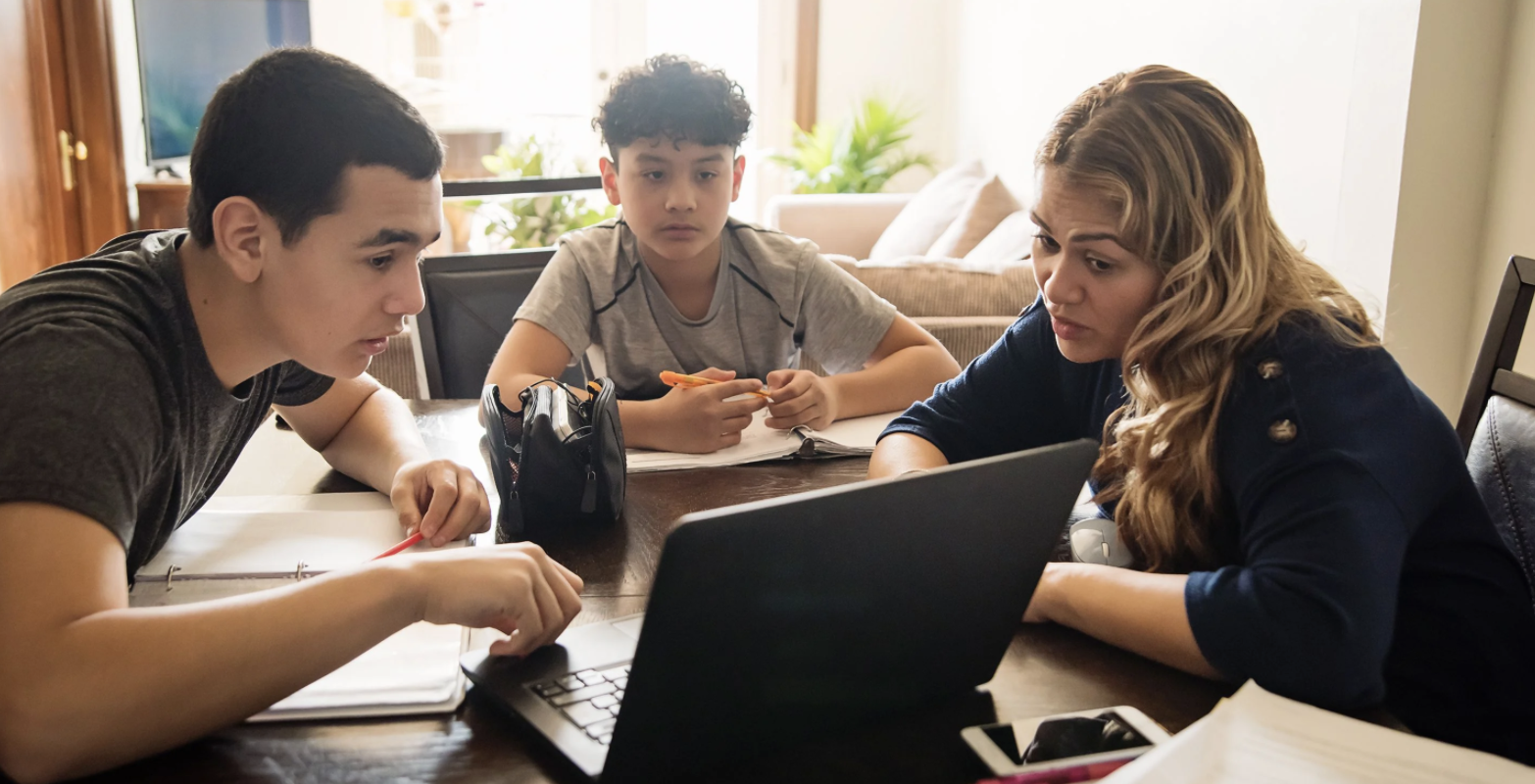By Dr. Ian Kelleher and Dr. Chris Hulleman
Editor’s Note: This article was originally published by Edutopia. Follow the link below to read the piece in its entirety.
The sudden, unplanned move to distance learning during spring 2020 drove a wedge into the middle of the school year—disrupting academic schedules, putting an end to extracurriculars, and undercutting the assessment and academic feedback cycles in most schools. Student motivation, predictably, foundered.
As one of our students put it, online school “is just like in-person school but with all the fun bits removed.” Without the ambient social interactions that are such a rich part of a regular day at school, and without in-person guidance from teachers, coaches, and counselors, many of the key motivational drivers were suddenly gone. In most K–12 schools, there were no fully formed distance-learning alternatives waiting in the wings. Indeed, glaring holes and inequities were exposed in the first days and weeks of distance learning: families with sporadic or no connection to Wi-Fi; students who lacked a calm place to study; siblings who needed to chip in to take care of brothers and sisters, or needed to contribute money by getting a job. Over and above it all were increased levels of trauma.
In short order, the move to online learning also laid bare some of the instructional flaws in our traditional structures of accountability, evaluation, and standardized testing. We hope for intrinsically motivated students, but we tend to design for the opposite, often with the best of intentions in mind. But motivating students with carrots and sticks—through endless, demoralizing cycles of high-stakes testing and assessment—is not getting us the deep learning and love of learning we desire.
Fortunately there is a science of motivation, and we need to design it into the very fiber of our virtual courses. There is a pressing need to do so now in order to help keep students engaged through the challenges of distance learning, and to avoid exacerbating the previously existing gaps in learning opportunities born of systemic inequities.
Continue reading at Edutopia.org.
Dr. Ian Kelleher is a science teacher at St. Andrew’s Episcopal School, and Head of Research for its Center for Transformative Teaching & Learning. His work focuses on helping teachers translate the science of learning into everyday practices in their own classrooms, and measuring the impact. Ian is the co-author of “Neuroteach: Brain Science and the Future of Education,” and co-designer of Neuroteach Global. Ian is the the inaugural Joseph and Kathleen Dreyfuss Faculty Chair for Research, an endowed position at St. Andrew’s Episcopal School for the lead CTTL researcher.
Dr. Chris Hulleman is an associate professor of Education and Public Policy at the University of Virginia, and the director of the Motivate Lab. He leads a group of passionate, skilled, and empathetic professionals who strive to improve people’s lives through rigorous motivation research. They produce translational research with the goal of helping organizations improve outcomes for everyone, and especially for those who identify with historically minoritized and marginalized groups (e.g., Black, Latinx, lower-income, first-generation in college).




